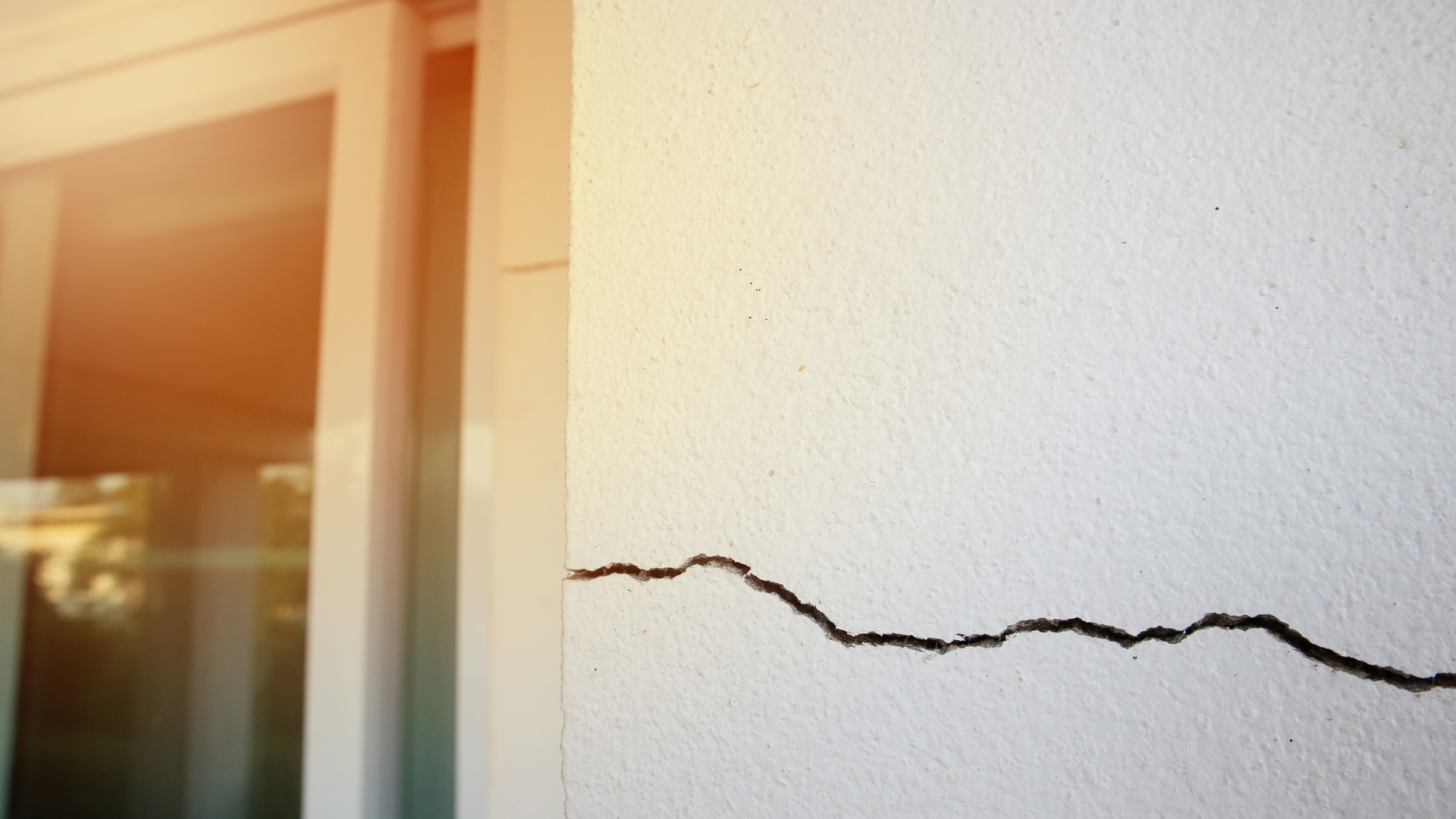
1. Why is foundation damage an important topic for us?
"Foundation damage is an insidious problem that has a huge impact on people and on the housing market. Think of subsiding houses, mould, health problems, skyrocketing repair costs and sleepless nights for homeowners who couldn't do anything about it. In most cases, damage to the foundation is very slow. Here, residents are not aware. Until the first cracks appear."
Foundation damage is mainly caused by fluctuations in groundwater level, subsidence and is exacerbated by drought. These matters are beyond the control of the homeowner. This also has major consequences for mortgage providers, such as insurers. After all, it is the collateral that decreases in value or, in the most extreme case, is eventually declared uninhabitable.
According to Van Waas, the homeowners are confronted with high repair costs, while they did not cause the damage and could not prevent it. "That is why we are committed to a fair solution. We are co-founders of the Foundation Coalition, together with parties such as the Homeowners' Association, Aedes, the Knowledge Centre for Tackling Foundation Problems and the Dutch Banking Association. In 2018, the foundation coalition published the Delta Plan Approach to Foundation Damage, which includes a call for a contribution from the government to homeowners."
"Foundation damage also has major consequences for mortgage providers, such as insurers. After all, it is the collateral that decreases in value or, in the most extreme case, is eventually declared uninhabitable."
2. Why is a national approach essential?
"Foundation problems do not respect the boundaries of municipalities or rural areas. If each region draws its own plan, we will never come up with structural solutions. We are already seeing this: there is too much fragmentation in policy, money flows and responsibilities. Municipalities point to water boards, water boards to the government, and in the meantime too little is happening. That is why we, together with the Foundation Coalition, argue for national direction. Only then can we work towards a central approach, with, for example, a well-stocked database, clear laws and regulations and structural financing. The signals are clear: the report 'The Elephant under the Chamber' and the advice of the Council for the Environment and Infrastructure ('Goed Gegrondeerd') say the same thing: this requires national coordination, with the government at the helm."
3. 'The ambition must be to have information about foundation risks available to buyers and sellers by 2027, so that this can be included in pricing,' according to the Foundation Coalition. What role do mortgage providers, such as insurers, play in this?
"It is important that a potential buyer knows what he is buying. The costs of complete foundation repair are extremely high. It is therefore important to know whether you, as a buyer, will have to make a huge, additional investment in the home in the foreseeable future. We have a responsibility to provide insight into risks and to contribute to awareness. That is why we advocate that information about foundation risks be available by 2027 at the latest when buying or selling a home. This can be done through a legal obligation for sellers to provide information. Potential buyers need to know where they stand. Information about foundation risks should become just as normal as information about energy labels. More transparency means that risks are priced more fairly and that homeowners can make better choices. And that is ultimately in everyone's interest – including that of us as mortgage providers."
"We have a responsibility to provide insight into risks and to contribute to awareness. That is why we advocate that information about foundation risks be available by 2027 at the latest when buying or selling a home."
4. How do you see the future?
"The urgency is enormous. Without intervention, a foundation crisis threatens that literally undermines our country. The costs could be as high as €54 billion – not to mention the human impact. But there is also hope. We see political and social attention growing. The future requires decisiveness, cooperation and national direction. If we invest in prevention, monitoring and compensation now, we will not only save billions in the long run, but also a lot of misery for people."
About the Foundation Coalition
The Foundation Coalition consists of the Homeowners' Association, Aedes, the Dutch Association of Insurers, the Dutch Banking Association, the Knowledge Centre for the Approach to Foundation Problems and, since last year, Bouwend Nederland and the NHG.